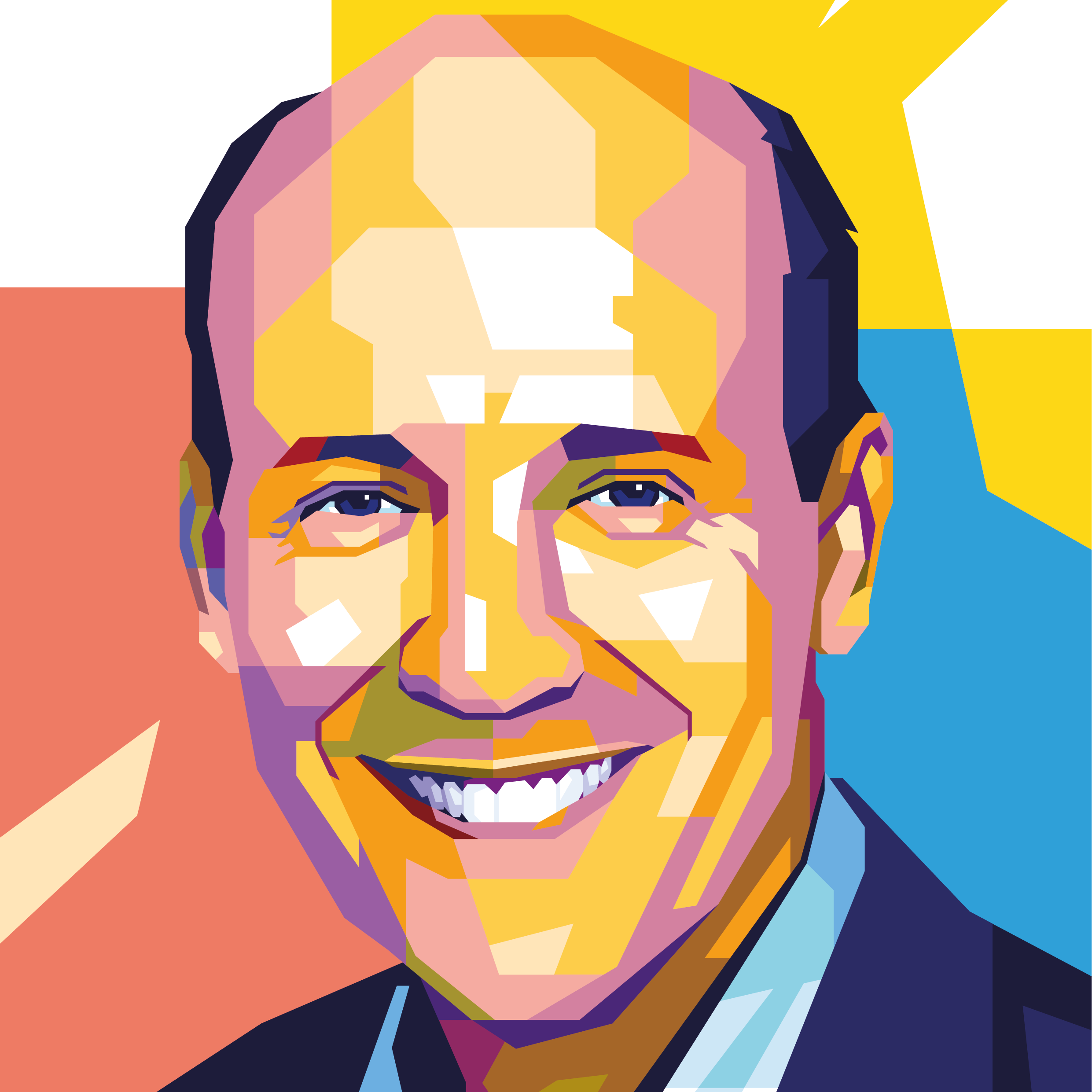You’re looking for growth and considering a new segment of the market or a new geographical location to add a new pool of clients.
Now what?
Three factors are critical: who you want to target, how you will reach them and the tools you can use to accomplish that goal.
Who
Whether it’s a new segment or a new office in a new city, hyper-focus on the target market you’re identifying.
“You want to be ultra-focused,” said advisor practice consultant Mike Byrnes. “Get to know that group better than anyone else. Understand their behavior and learn as much as you can about them.”
Psychographic research methodology, which can identify psychological characteristics including personality, lifestyle, social status, activities, interests, opinions and attitudes, is “super important,” according to Byrnes. “It will help you peel back the onion.”
But don’t view the segment as a statistical abstract, Byrnes cautions. “Construct an ideal client profile,” he said. “The more you humanize the group you’re targeting, the more successful you will be.”
And don’t stray too far from your comfort zone, advises Michelle Smith, founder and CEO of Source Financial Advisors and Wife2CFO.com. Those firms target divorced women who need financial advice and education.
Look for your “next natural market,” Smith said. In her case, she’s beginning to target the children of her current clients, a generation that grew up with divorced parents and is looking for advice on navigating their financial paths.
“Your next natural market is usually what’s right in front of you,” Smith explained. “It’s going to be something you like to do and are great at. My specialty is divorce, but I wouldn’t be good at working with people who are divorcing if I wasn’t comfortable with conflict.”
How
The fundamentals are well established: get as many referrals as possible, cultivate centers of influence and get in front of qualified prospects.
But that’s just the beginning.
Beacon Pointe Advisors is a fast-growing RIA that has opened up more than a dozen new offices in the last few years.
If you’re going into a new market, conduct “an in-depth analysis of the skill set and capacities of the advisors in your new office,” said Kevin DiSano, Beacon Pointe’s chief growth officer. “What are their strengths? How do they add new clients? Are they able to provide what the local market needs?”
Once prospects have been identified, advisors need to establish consistency and process. “There has to be a cadence of outreach and follow-up in different mediums,” DiSano said. “Have there been follow-up emails, phone calls and in-person meetings?”
Don’t assume that accountants and attorneys who may be considered centers of influence will be helpful, DiSano cautioned. “Not every CIO makes referrals part of their business,” he explained. “You could be wasting your time. Ask about the last few referrals they made. If there’s no answer, they probably don’t make any.”
Firms trying to establish themselves in a new market should introduce themselves to local business journalists to gain exposure, said fintech and marketing expert April Rudin. “Let them know your areas of expertise and that you’re available to talk to them or write an article as a subject matter expert,” Rudin said.
Newcomers in a de novo market can also volunteer for local charities and philanthropic organizations to make connections. They can also make strategic alliances with local groups that can provide introductions to prospects.
For example, an advisor targeting widows could offer to give educational seminars to grief counseling groups, Brynes said. Similarly, an advisor targeting small business owners could discuss financial planning strategies with local business organizations.
Advisory firms can also expand their client base through acquisitions.
Savant Wealth Management has been buying firms steadily for years, and its CEO Brent Brodeski noted, “our number one organic growth strategy is inorganic.”
A larger RIA with more capital and internal resources can greatly accelerate the growth rate of a smaller local firm, according to Brodeski. By employing a dedicated business development and marketing team and using sophisticated data and digital software to generate leads, Savant has increased growth in new markets by as much as 400 percent, Brodeski claimed.
“It’s about increasing the volume of at-bats; that’s where the magic is,” he said. “Most advisors are good at closing with prospects one on one. The problem is without sophisticated marketing resources to dial up leads; there aren’t enough opportunities to do that.”
Tools
Start with your website.
“Conduct an audit,” Rudin says. “Has your site been updated? Does it reflect what your advisors are doing now and convey your unique value proposition? Are your headshots outdated? Do you still have a picture of a lighthouse on there? If so, take it off!”
If you’re introducing yourself to a new market or segment, “your website needs to match the story you’re telling your clients,” notes Beacon Pointe’s DiSano. “After you meet someone, the first thing they’re going to do is Google your firm. If your website doesn’t match your conversation, you’re in trouble. It’s a subtle credibility check.”
Use LinkedIn.
“If you’re looking at a new market with no lead sources, you have to do smart marketing and sales to find them,” Brynes said. “You can’t compete with Merrill Lynch for brand awareness, so you have to be really targeted. LinkedIn can be a very effective way to reach the professionals you’re looking for.”
Rudin agreed. “LinkedIn is a B-to-B [business to business] market,” she said. “It’s a direct hit to a professional audience and is a much better way of targeting ideal clients than B-to-C [business to consumer].”
Consider events, digital strategies and testimonials.
Seminars, introductory lunches, dinners, and other in-person events are popular and helpful when opening a new office or targeting a new segment.
“You can target the demographic you’re looking for with seminars and educational events,” says DiSano. “But be as specific as possible. Talking about changes in the tax code may be too broad. How do the new changes affect small business owners? How do they impact corporate executives? You want to deliver specific information to a specific audience of qualified prospects.”
Webinars can be a great way to promote your firm’s subject matter expertise. Savant uses them extensively when entering a new market, Brodeski says.
Google search ads using keywords can be expensive but very effective when used judiciously. Banner ads should do more than just describe the firm. “Digital ads should be a call to action, directing the reader to do something,” Byrnes said.
And thanks to a new SEC rule, advisors can now use testimonials from clients. Rudin said they could be a “game changer” that helps firms introduce themselves to a new market, but they must be used carefully.
“Controlling your message is critical, and you want to be sure the testimonial conveys how you want the firm to be seen,” she said.
This blog is sponsored by AdvisorEngine Inc. The information, data and opinions in this commentary are as of the publication date, unless otherwise noted, and subject to change. This material is provided for informational purposes only and should not be considered a recommendation to use AdvisorEngine or deemed to be a specific offer to sell or provide, or a specific invitation to apply for, any financial product, instrument or service that may be mentioned. Information does not constitute a recommendation of any investment strategy, is not intended as investment advice and does not take into account all the circumstances of each investor. Opinions and forecasts discussed are those of the author, do not necessarily reflect the views of AdvisorEngine and are subject to change without notice. AdvisorEngine makes no representations as to the accuracy, completeness and validity of any statements made and will not be liable for any errors, omissions or representations. As a technology company, AdvisorEngine provides access to award-winning tools and will be compensated for providing such access. AdvisorEngine does not provide broker-dealer, custodian, investment advice or related investment services.







